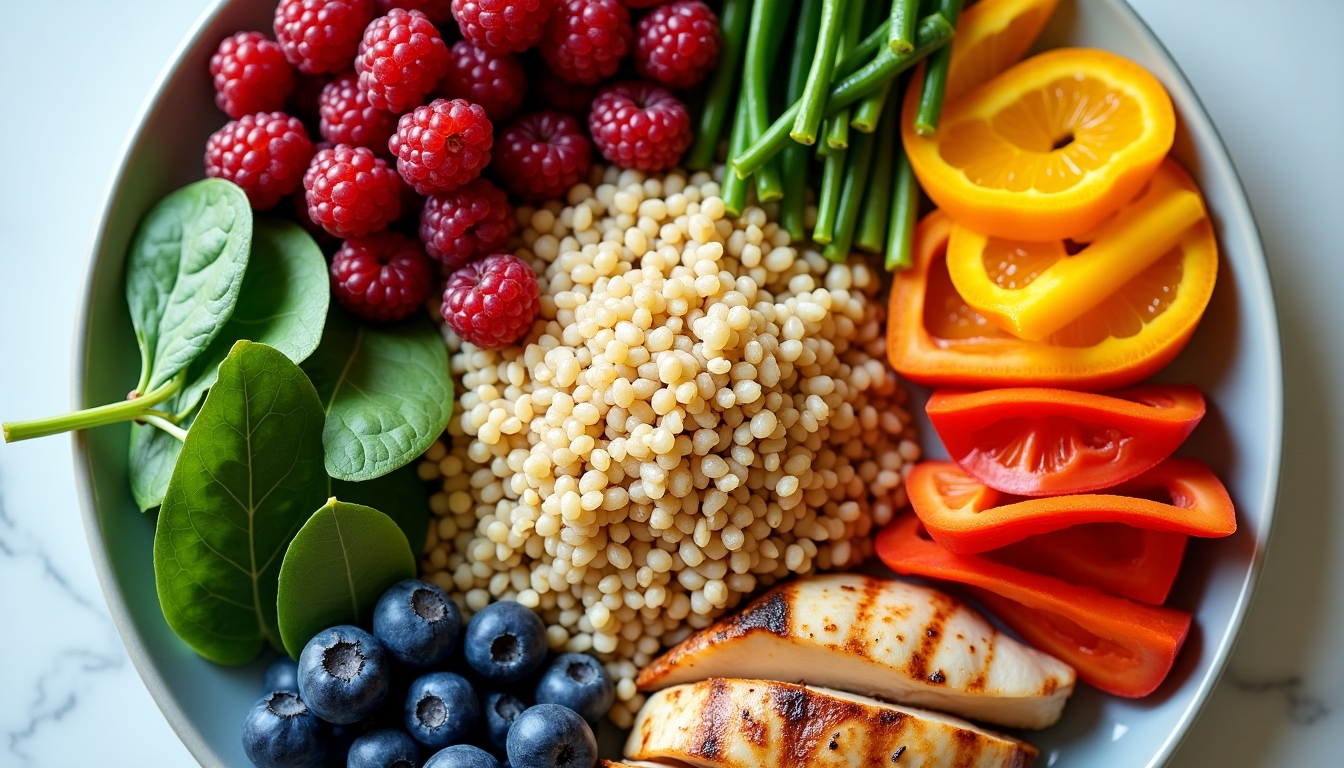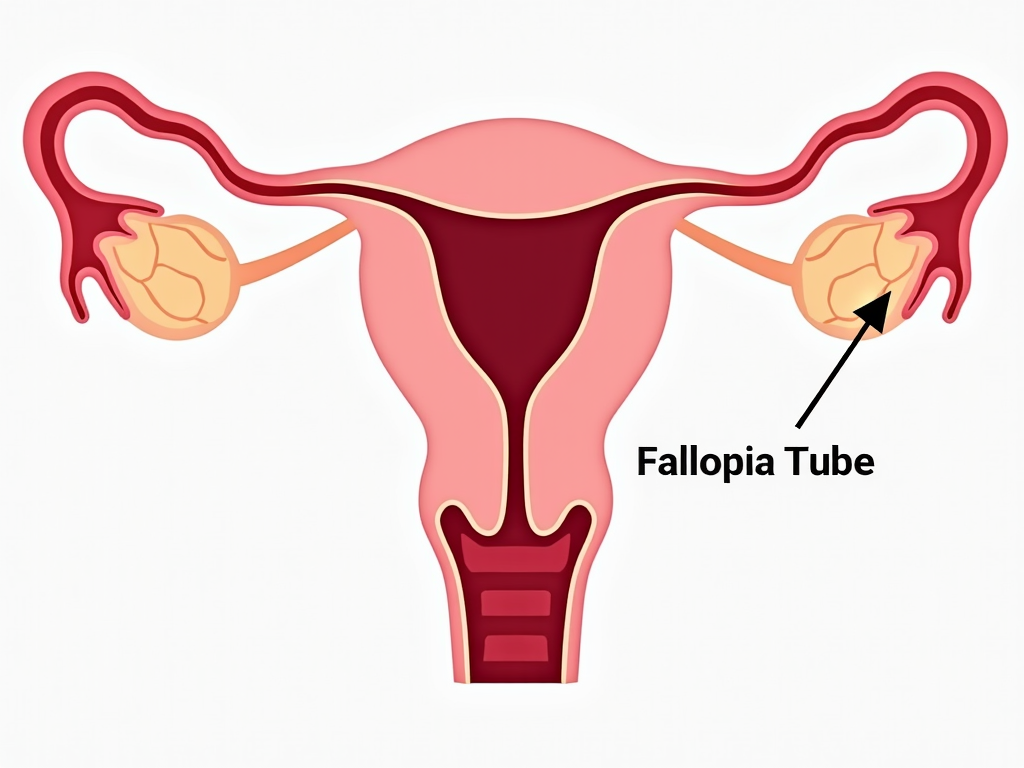The Role of Diet in Fertility: What to Eat and What to Avoid
April 21, 2025, 8:31 a.m.
Fertility is a topic that affects many couples trying to conceive, and diet plays a crucial role in reproductive health. Understanding the relationship between what you eat and your fertility can empower you to make better food choices. In this article, we will discuss the role of diet in fertility, highlighting what foods to include in your diet and which ones to avoid, especially for those facing issues like tubal infertility.
The Importance of Diet in Fertility
Diet significantly impacts hormone levels, ovulation, sperm quality, and overall reproductive health. A balanced diet rich in essential nutrients can improve fertility, while certain foods and substances can hinder it. Whether you are struggling with female infertility or exploring options to enhance your fertility naturally, understanding the dietary components that support or disrupt reproductive health is vital.
What to Eat to Boost Fertility
Eating a variety of foods that are known to support fertility is essential. Here are some key food groups to focus on:
- Fruits and Vegetables: These are rich in antioxidants, vitamins, and minerals that support reproductive health. Dark leafy greens, berries, and citrus fruits are particularly beneficial.
- Whole Grains: Whole grains provide complex carbohydrates and fiber which help regulate blood sugar and improve hormonal balance. Consider incorporating quinoa, brown rice, and whole wheat products into your meals.
- Lean Proteins: Proteins from sources like chicken, fish, beans, and legumes are essential for hormone production and overall health.
- Healthy Fats: Omega-3 fatty acids found in fatty fish, walnuts, and flaxseeds can have a positive impact on fertility. Avocados and olive oil are also excellent sources of healthy fats.
- Dairy: Some studies suggest that full-fat dairy products may improve fertility in women, so including moderate amounts could be beneficial.
Foods and Substances to Avoid
Just as there are foods that can enhance fertility, some can adversely affect it. Avoid the following:
- Trans Fats: Found in processed foods, trans fats can increase inflammation and insulin resistance. These can negatively impact fertility for both men and women.
- Excessive Caffeine: High caffeine intake has been linked to fertility issues, so limiting coffee and caffeinated beverages is advisable.
- Alcohol: Consuming alcohol can disrupt hormone levels and affect sperm quality. It's best to minimize or avoid alcohol distribution if you're trying to conceive.
- Sugary Foods and Drinks: High sugar intake can lead to weight gain and insulin resistance, both of which can impact fertility.
- Certain Fish: Fish high in mercury, such as swordfish and king mackerel, can be harmful to reproductive health.
Key Nutrients That Support Fertility
Specific nutrients are integral to enhancing fertility. Including the following in your diet can provide the necessary support:
- Folic Acid: Crucial for DNA synthesis and cell division, folic acid supports reproductive health. Leafy greens and fortified cereals are good sources.
- Zinc: Important for hormone production, zinc can be found in meat, shellfish, legumes, and nuts.
- Iron: Iron plays a role in ovulation and can be sourced from meats, beans, and spinach.
- Vitamins C and E: These antioxidants can improve fertility by reducing oxidative stress. Citrus fruits and nuts are rich in these vitamins.
Lifestyle Factors Beyond Diet
In addition to diet, other lifestyle factors are critical in enhancing fertility: - Exercise: Maintaining a healthy weight is linked to improved fertility. Regular exercise also helps reduce stress. - Stress Management: High stress levels can negatively affect hormones and fertility. Practices like yoga or mindfulness can be beneficial. - Avoiding Toxins: Minimizing exposure to environmental toxins, pesticides, and chemicals can support reproductive health.
Natural Remedies for Tubal Infertility
Tubal infertility, which is caused by damage to the fallopian tubes, can be particularly challenging. While diet alone may not cure tubal issues, certain natural remedies might support overall reproductive health. Anti-inflammatory foods, such as cherries, turmeric, and ginger, may help reduce inflammation in the reproductive system, potentially improving outcomes.
Personal Insights
Many people have shared their experiences regarding dietary changes and improved fertility. For instance, one couple noted that incorporating more whole grains and cutting out processed foods resulted in significant improvements in their hormone levels and overall health. Simple changes in diet can lead to remarkable transformations.
Conclusion
A diet that promotes fertility is a powerful tool for those trying to conceive. By understanding what foods to eat and what to avoid, you can enhance your reproductive health naturally. Remember that every individual is unique, so it’s essential to find a diet that works best for you.
Recommended Readings
- "Top 10 Fertility-Boosting Foods"
- "Understanding Tubal Infertility: Causes and Treatments"
- "The Impact of Lifestyle on Fertility"
- "Natural Remedies for Enhancing Fertility"



